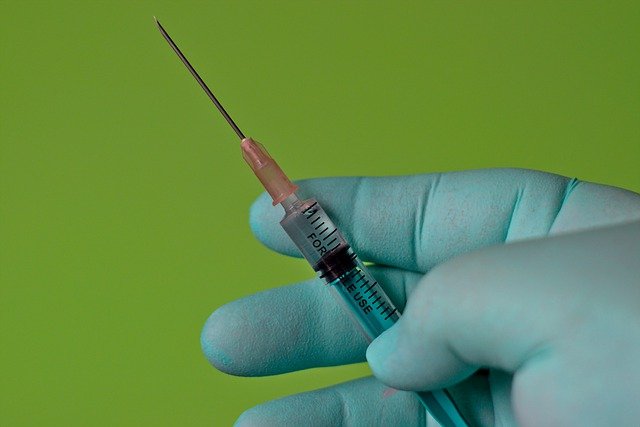Rare thromboembolic events have been observed during the vaccination rollout, which have prompted cautionary pauses in vaccinations by some regulatory authorities, including the South Africa Health Products Regulatory Authority. Here, we report interim safety data from the first 288,368 participants who were vaccinated with Ad26.COV2.S in the Sisonke study — an open label, single-group, phase 3b implementation study to monitor the effectiveness of the single-dose Ad26.COV2.S vaccine among 500,000 health care workers in South Africa (ClinicalTrials.gov number, NCT04838795). Enrollment in the study began on February 17, 2021, and as of April 12, 2021, a total of 288,368 health care workers had received the Ad26.COV2.S vaccine, among whom 5898 (2%) reported adverse events.
The majority (81%) of adverse events reported were expected mild-to-moderate reactogenicity events. Fifty health care workers had adverse events that met the criteria of being serious or of special interest; a full list of these events is provided in Table 1 in the Supplementary Appendix, available with the full text of this letter at NEJM.org. Among these 50 workers, 12 (24%) had coronavirus disease 2019 (Covid-19), which occurred within 28 days after vaccination; 12 (24%) had allergic reactions, of which one met the criteria for anaphylaxis; and 6 (12%) had neurologic conditions, including a 40-year-old man who received a diagnosis of Guillain–Barré syndrome and a 53-year-old woman with Bell’s palsy.
Five arterial, venous thrombotic, or embolic events were reported in 5 health care workers with known risk factors for thromboembolism (1.7 events per 100,000 participants). One case of pulmonary embolus occurred 23 days after vaccination in a 63-year-old woman who was overweight and had hypertension, diabetes mellitus, and a history of venous thrombosis; this event was fatal. A second case occurred in a 64-year-old woman who received a diagnosis of cor pulmonale 17 days after vaccination; this case had features consistent with chronic and recurrent pulmonary emboli. Two cerebrovascular accidents (infarcts on imaging) were reported — one case involved a 45-year-old woman who had underlying rheumatic heart disease and a history of human immunodeficiency virus infection, cerebrovascular accident, and aortic valve replacement, in whom left-sided weakness developed the day after vaccination, and the other case involved a 38-year-old woman who had given birth to twins 9 months before vaccination and presented with features of transient ischemic attack 8 days after vaccination. A 65-year-old woman with chronic diabetes mellitus had deterioration and blurring of vision 8 days after vaccination and received a diagnosis of retinal vein occlusion and macular hemorrhage. To date, no case of vaccine-induced immune thrombotic thrombocytopenia has been documented.
In South Africa, since the start of the pandemic, Covid-19 has been reported in 1.58 million persons, including more than 55,000 health care workers. The rate of adverse events with vaccination is low, and thromboembolic events have occurred mainly in persons with risk factors for thromboembolism.
Original article available on The New England Journal of Medicine

